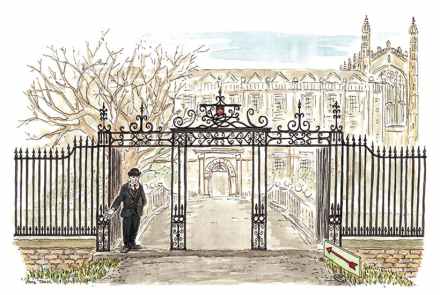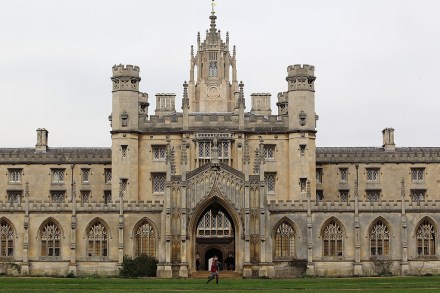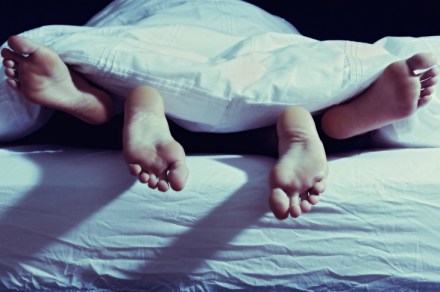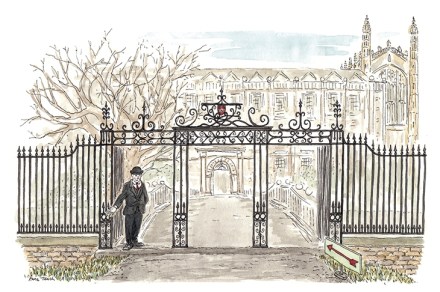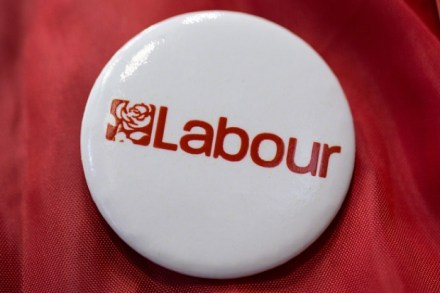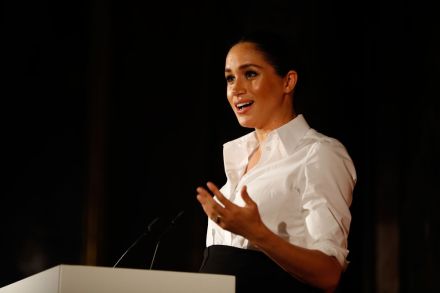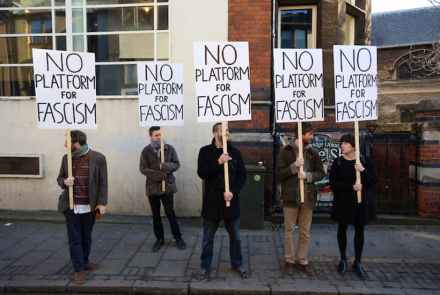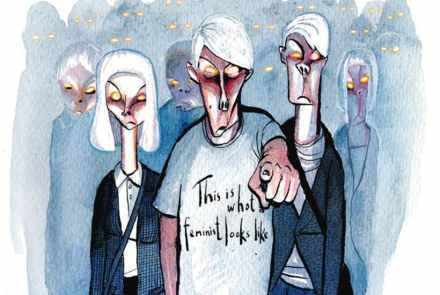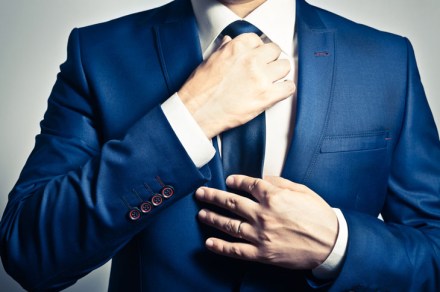Asians are doing too well – they must be stopped
Riddle: when is discrimination against a historically disadvantaged racial minority perfectly legal? Answer: when they do too well. The first ruling on the Students for Fair Admissions suit against Harvard University is in. A federal judge in Massachusetts concluded last week that for America’s be-all-and-end-all university to discriminate against Asian applicants in order to serve the all-hallowed goal of ‘diversity’ is constitutional. (Or strictly speaking, if you can follow this logic, the university did not discriminate against Asians by discriminating against them.) The reasoning: ‘Race conscious admissions will always penalise to some extent the groups that are not being advantaged by the process.’ The decision has already been appealed, and


